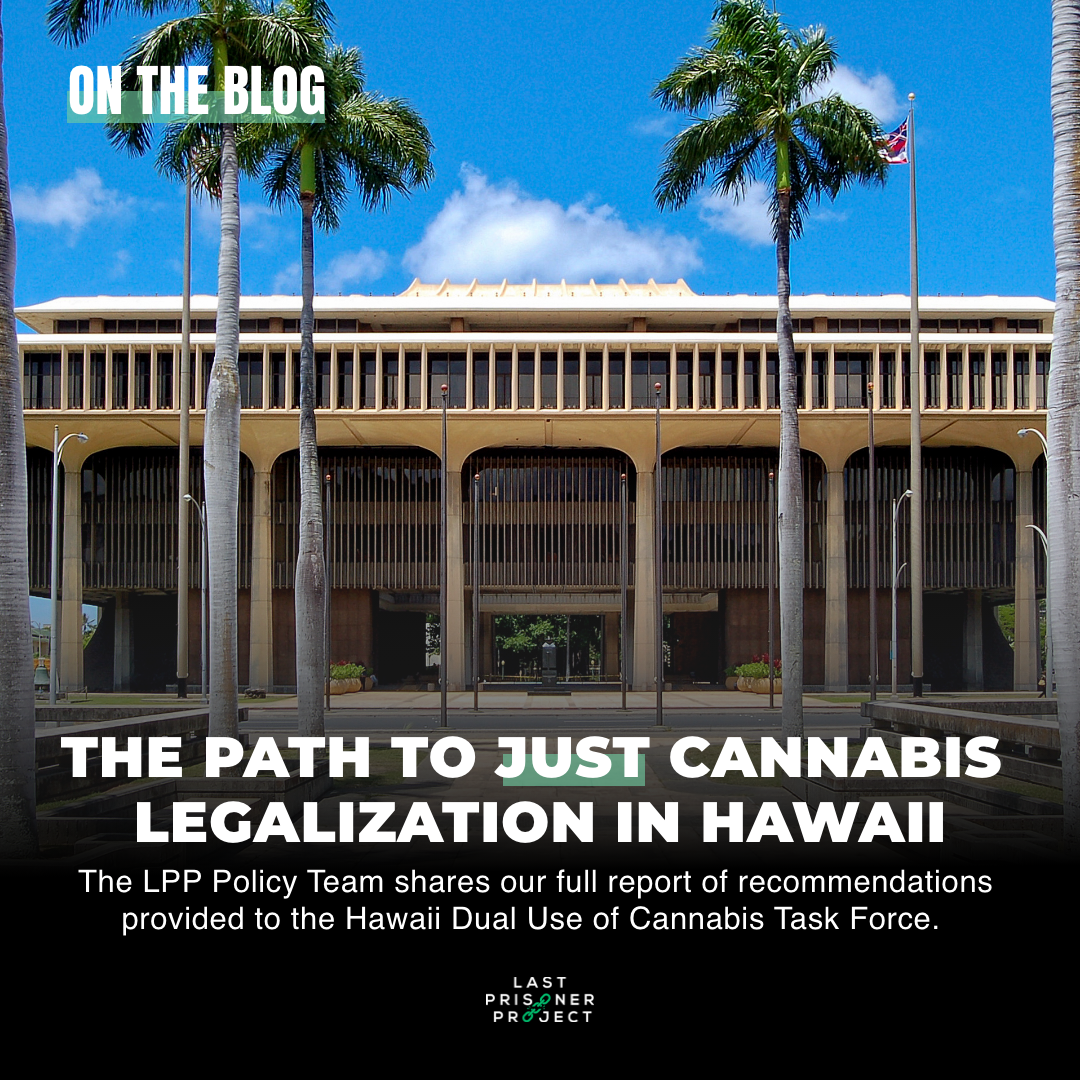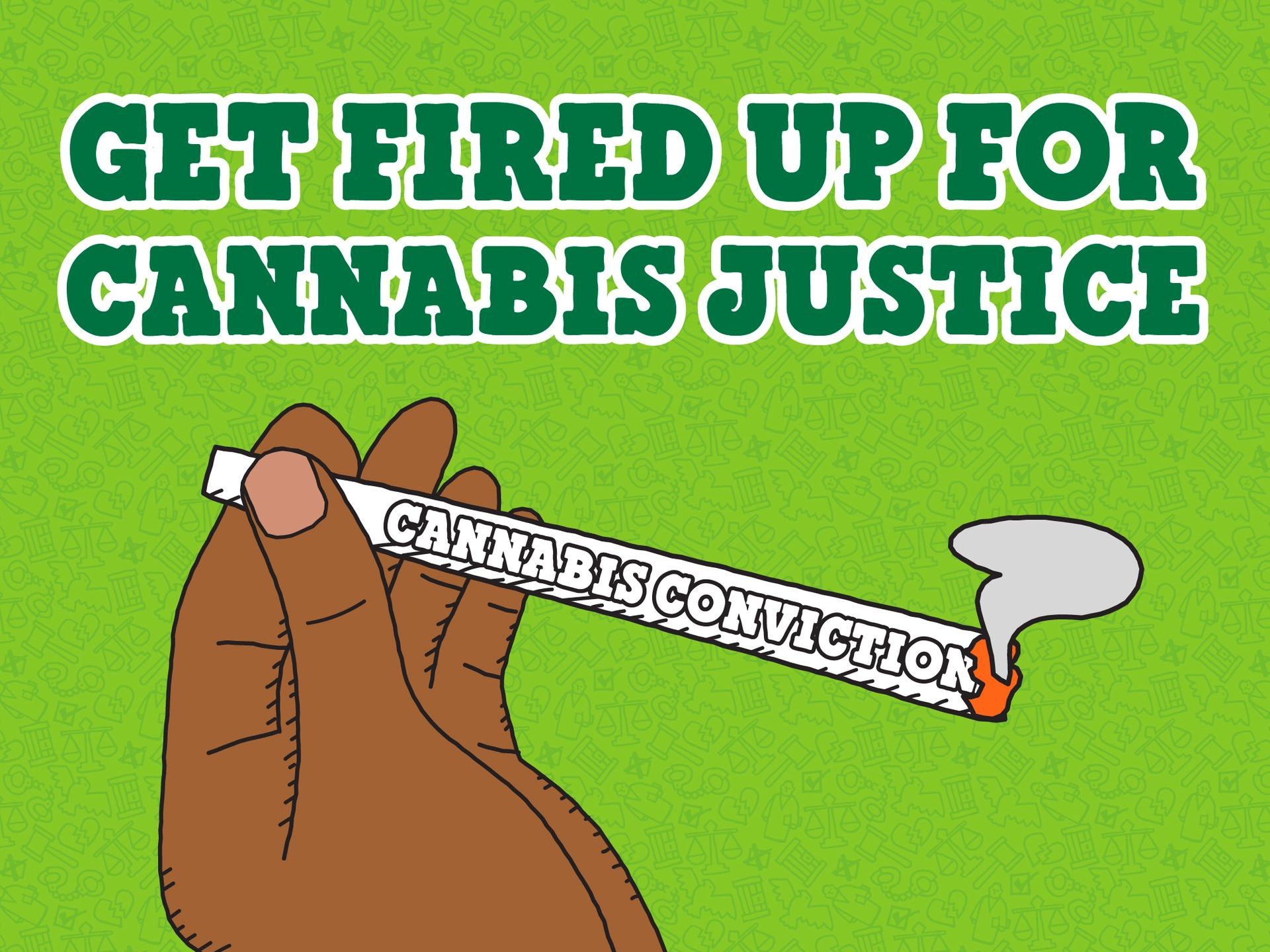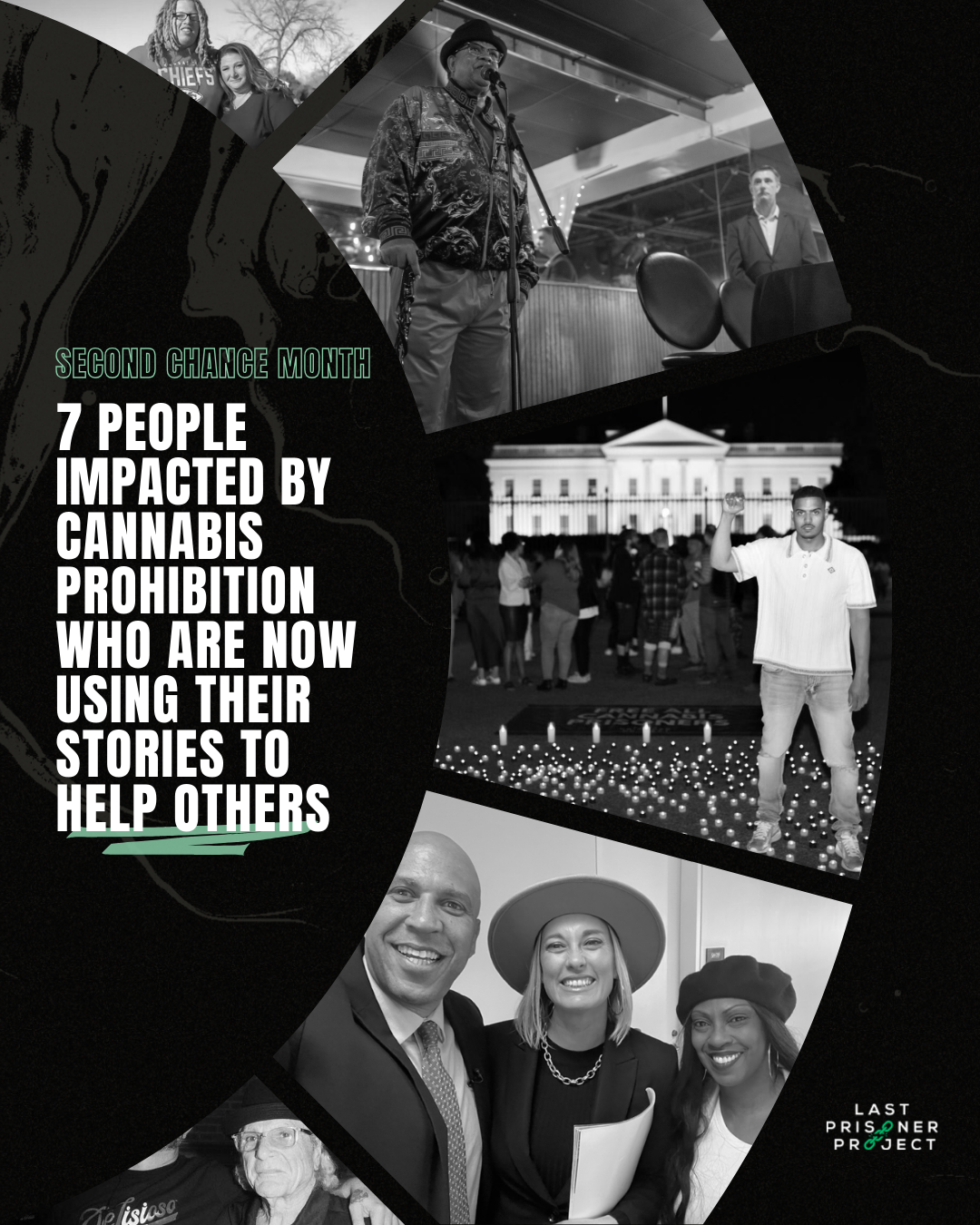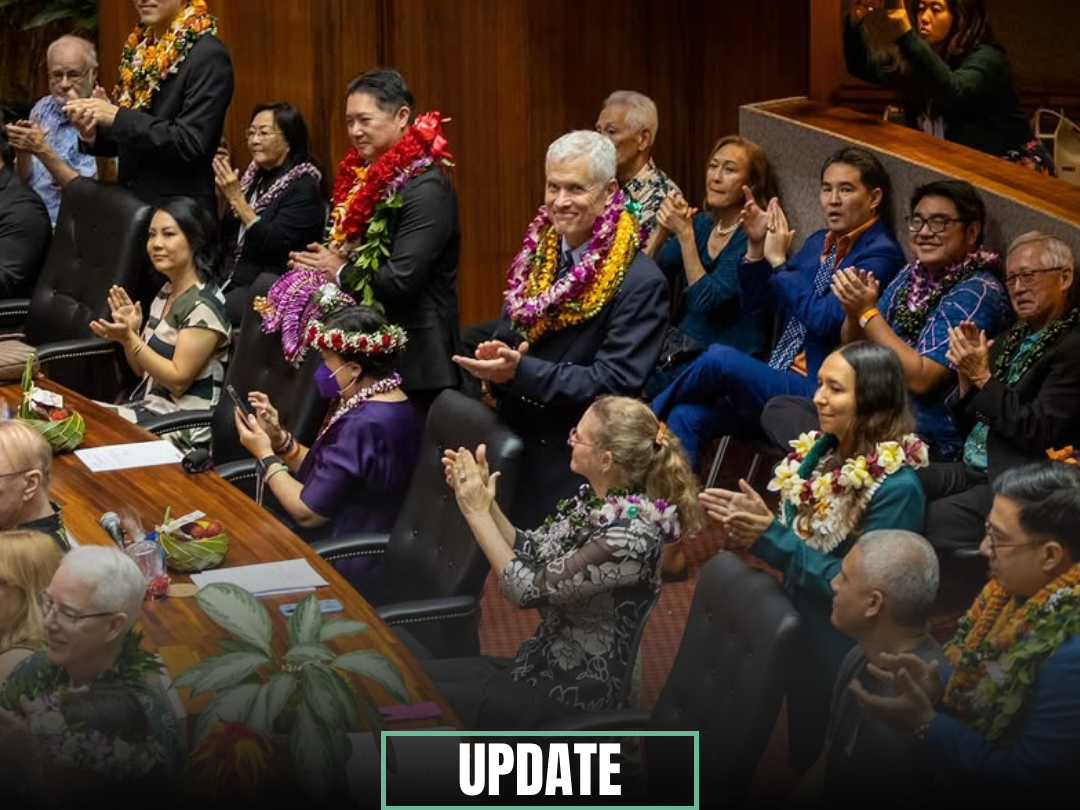Hawaii’s Social Equity Working Group Endorses LPP Policies in Official Report

This August, the Last Prisoner Project’s policy team presented to Hawaii’s Dual Use of Cannabis Task Force, urging the group to consider justice-oriented policy in their road to legalization. Encouraging retroactive provisions in cannabis legalization, LPP set out evidence-based policy recommendations for state-initiated resentencing and record clearance. Attending the meeting were members from the state’s Social Equity Working Group, which is fighting to ensure just and fair cannabis legalization.
LPP is thrilled to see that members of the Social Equity Working Group fully embraced their recommendations, endorsing them in their official report. Sourcing all suggestions from LPP’s state policy assessment and report, Hawaii’s Social Equity Working Group suggested the following policy provisions be included in legalization efforts:
For resentencing, the Legislature should: 1. Create an automatic process to identify and review eligible cases, 2. Apply this process to all past, current, and future cases, 3. Include a presumption for release, presuming resentencing to time served or reduced terms when before the court, 4. Provide clear guidance on those presumptions to judicial decision makers and subject any opposition by law enforcement or prosecutors to a judicial process, 5. Create enforceable deadlines for the identification, review, processing, and release of adversely affected individuals, and 6. Monitor the process with transparent data and reporting.
For record clearance, the Legislature should: 1. Create an automatic process to identify and review eligible records and clear them with no action or fees required of the record holder, 2. Ensure the criteria for clearance are broad and clearly defined, 3. Ensure there is no waiting period between identification of the records and their clearance, 4. Disallow discretionary review of individual records to improve the efficiency of the process, 5. Monitor the process with transparent data and reporting, and 6. Conduct public advocacy campaigns and individual contact attempts to ensure affected individuals are aware they received relief.
LPP is honored by the group's full endorsement for our state-initiated resentencing and record clearance policies, and look forward to future progress in Hawaii. Click
here to read the full report.



The Last Prisoner Project. All rights reserved.
Last Prisoner Project is a 501(c)(3) tax-exempt organization with EIN 83-4502829. Mailing address: 1312 17th St #640 Denver, CO 80202. Our governing documents and conflicts of interest policy can be found here. Our Privacy Policy can be found here.
Website built on KUSHY



